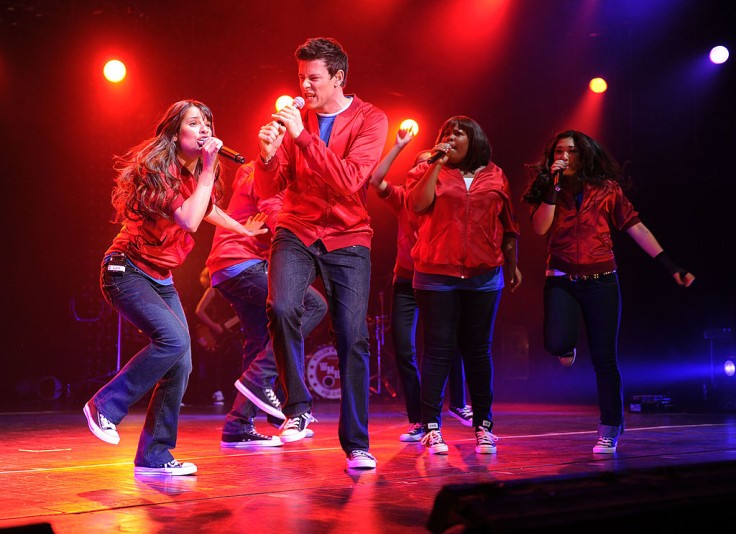
Glee, once a musical phenomenon that dominated television screens, is now often remembered for the string of tragedies its cast faced, and its severe dip in quality, rather than its unprecedented success. This article delves into a retrospective examination of Glee's perplexing presence on the Billboard charts, exploring the factors that led to its prominence and questioning the enduring appeal of its output.
Despite the unfortunate series of events labeled as the "Glee curse," it is essential to revisit a time when the show's cultural relevance was at its peak, dominating Nielsen ratings, embarking on an incredibly successful tour, and producing cast recordings that held an impressive record for charting hits, surpassing established artists like The Beatles and Elvis Presely. This apparent paradox sets the stage for understanding the complex legacy of Glee.
Glee was a smash hit from day one-the pilot premiered with 9.619 million viewers and quickly became a cultural phenomenon with its unique formula blended covers of popular songs with theatrical performances, captivating a diverse audience and even triggering a resurgence in the popularity of show choir for a time.
Fans and critics alike argue that Glee was subject to a severe drop in quality as early as the first season. Writing for Vox, author Emily St. James, who claimed to "...pinpoint the exact moment Glee got bad" makes an even bolder assertion: Glee got bad during its second episode. The pilot is generally well regarded; one X (formerly Twitter) user commented: "Glee is not a good show but the pilot does unfortunately slap. The music is well produced and fits into the narrative structure. The script is dark which created a very unique tone. And the character development is insane. In less than a minute I know exactly who Rachel Berry is." In response, another X user quipped: "society would have flying cars if glee kept its original tone." The show would air for six seasons, though with increasingly diminishing returns.
By the end of its run, Glee would amass 207 hits on the Billboard Hot 100. This of course comes with the caveat that only 3 of these singles charted in the top 10, the highest of which being a cover of Journey's "Don't Stop Believin'" which charted at number 4. The sheer quantity of Glee's Billboard presence is easily explained by the fact that many of its hits charted relatively low and only remained on the list during the week of the corresponding episode's airing. Even so, the fact remains that at one point in history, the cast of Glee had more charting hits than any artist in history, a record that was finally tied with Drake, who now occupies the top spot, in 2020, 11 years after the show's debut.
In retrospect, Glee's journey on the Billboard charts remains a bizarre chapter in the history of television and music. Only time and continued appreciation will tell if these chart-topping tunes remain an enduring legacy or are relegated to a fleeting moment in music history.
© 2025 MusicTimes.com All rights reserved. Do not reproduce without permission.







